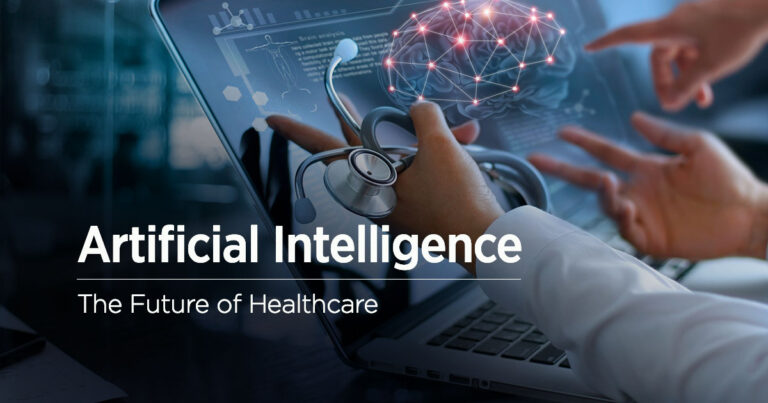A new AI technology can detect early signs of more than 1,000 diseases, long before there are any symptoms, according to new research.
The MILTON computer program examines test results from patients that general practitioners typically gather in order to find trends in the data and highly confidently forecast a diagnosis of an illness that may occur years later.
The artificial intelligence technology, according to Sky News was created by the pharmaceutical giant AstraZeneca, which claimed it will hasten the creation of more precise and potent medications.
But it is also making the data freely available to other researchers, who could develop diagnostic tests that allow early preventative treatment to stop diseases in their tracks.
Slave Petrovski, who led the research, told Sky News: “For many of these diseases, by the time they manifest clinically and the individual goes to the doctor because of an ailment or visible observation that is far down the line from when the disease process began.
“There may have been a whole cascade of events that happened in the blood before it was symptomatic.
“We can pick up signatures in an individual that are highly predictive of developing diseases like Alzheimer’s, chronic obstructive pulmonary disease (COPD), kidney disease and many others.”
AstraZeneca used data from 500,000 people who are part of the UK Biobank, a vast repository of health information.
MILTON analysed data from 67 routine clinical biomarkers, including detailed results from blood and urine tests, checks on blood pressure and respiratory performance, as well as weight, age and sex.
It also looked at data from 50,000 Biobank volunteers on 3,000 proteins found in blood plasma that play a critical part in many body functions, including the immune and hormonal systems.
The AI tool was able to detect subtle patterns in the data that would have been invisible to the human eye, and link them to diseases the patients were diagnosed with up to a decade or more later.
Its predictive performance was rated as “exceptional” for 121 diseases, and “highly predictive” for another 1,091, according to the study published in the journal Nature Genetics.
Although routine biomarkers collected by GPs were predictive, adding the analysis of 3,000 proteins – which shouldn’t add significantly to the cost of blood tests – significantly increased the power of MILTON to flag patients at risk.
Dr Petrovski said the finding opens up the possibility of intervening much earlier in the disease process.
“There is always the opportunity to combine lifestyle with (pharmaceutical) interventions to get the optimum benefits of health,” he said.
“Often when we look at diseases it is in the later stages, so they are difficult to reverse.
“The goal would be to intervene earlier and to manage disease to make sure it does not progress.”
AstraZeneca stresses that MILTON is currently a research tool and more work needs to be done before it can be used clinically by doctors.
Professor Tim Frayling, Professor of Human Genetics at the University of Exeter, was also cautious.
He said: “We need to take care when claiming we can ‘predict disease’ when we really mean ‘we can give you a slightly better idea of your chances of developing a disease but there are still many unknown factors’.
“This approach will likely have more impact on improving our knowledge of how diseases develop rather than who exactly will develop them.”
However, Prof Dusko Ilic, of Stem Cell Sciences, King’s College London (KCL), said MILTON’s predictive power was “remarkable”, opening up the possibility of earlier intervention, more personalised treatments, and lower healthcare costs.
But he warned: “I have some concerns regarding its ethical use.
“The powerful predictive abilities of this tool could, if unregulated, be misused by health insurance companies or employers to assess individuals without their knowledge or consent. This could lead to discrimination and a breach of privacy.
“Strict guidelines and oversight will be critical in ensuring that the benefits of MILTON are realised in an ethical and responsible manner.”
Recall that an artificial intelligence firm, Davirch AI, in December 2023, unveiled a health chatbot to address people’s healthcare needs.
The chatbot which can be accessed via https://health-panorama.com/chatbot/ was unveiled to be a game changer in healthcare sector.


